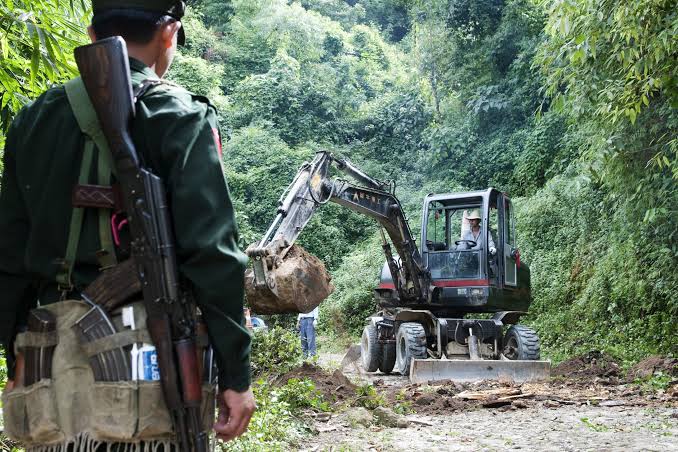
Brussels – The European Union’s landmark anti-deforestation law will impose varying levels of scrutiny on commodity imports, with Belarus, Myanmar, North Korea, and Russia designated as “high-risk” nations, triggering the most stringent compliance checks. A legal act published by the European Commission on Thursday outlines the risk categorization, which determines the intensity of due diligence required for companies exporting specific commodities to the EU.
Notably, major forest nations such as Brazil and Indonesia, despite their historical challenges with deforestation rates, have been classified as “standard risk.” This designation means that goods from these countries will face lighter compliance checks compared to those from the “high-risk” category. The United States, on the other hand, has been labeled as “low-risk,” resulting in the least stringent due diligence requirements.
Read more: Rumors of Nigerian Youth Leader Denied Vatican Entry Proven False
The EU law applies to a range of commodities, including soy, beef, palm oil, wood, cocoa, and coffee, as well as derived products such as leather, chocolate, and furniture. Companies exporting these goods to the EU must demonstrate that their products were not grown on land deforested after 2020 and provide verifiable information about the production location and timeline.
A key differentiator between the risk categories lies in the frequency of compliance checks. EU member states will be required to conduct checks on 9% of companies exporting from “high-risk” countries, 3% from “standard-risk” countries, and 1% from “low-risk” countries.
Non-compliance with the EU’s anti-deforestation law could result in significant financial penalties, with fines of up to 4% of a company’s turnover within an EU member state. The law aims to ensure that products sold in the EU market do not contribute to global deforestation, a major driver of climate change and biodiversity loss. The varying risk levels assigned to different countries reflect the EU’s assessment of the likelihood that imports from those countries are linked to deforestation



